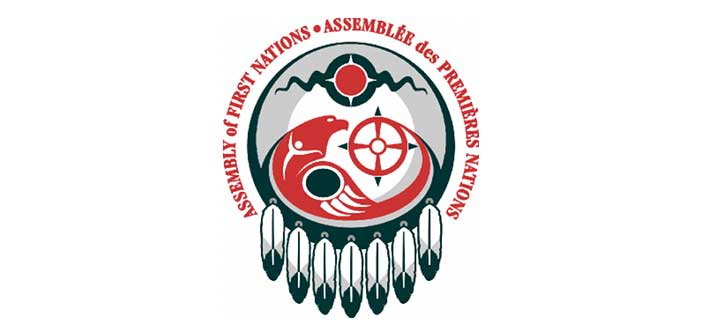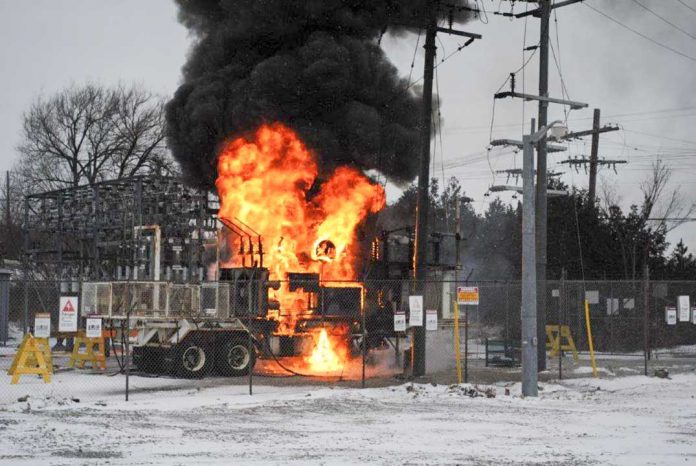OTTAWA—Assembly of First Nations (AFN) National Chief Perry Bellegarde says last week’s announcement on federal support for the First Nations Policing Program (FNPP) is necessary and critical to ensure safety and security for First Nations and First Nations police forces and police officers.
“Our primary concern is safety and security for First Nations, our families and First Nations police officers,” said National Chief Bellegarde in a press release issued last week. “Today’s announcement will help ensure First Nations police officers and staff will have the tools necessary to do their jobs. These officers already put their lives on the line and should not have to face additional risks because they don’t have proper equipment. We want our police forces to be supported and funded at the same levels as other police forces in Canada and deemed an essential service. I lift up Minister Goodale for taking a significant step in the right direction.”
The First Nations Policing Program has been an urgent priority for First Nations, with many agreements set to expire at the end of March. The announcement of funding over five years ensures these programs can continue. At a meeting on November 20, 2017 under the AFN-Canada Memorandum of Understanding on Joint Priorities, which commits federal cabinet ministers and First Nation representatives to meet three times a year, First Nations leaders cited the FNPP as an urgent priority. Participants spoke strongly about the need to support the programs and recognize them as an essential service.
AFN BC Regional Chief Terry Teegee, who holds the Justice Portfolio for the AFN, stated, “The announcement is an important recognition of the role First Nations police forces play in our communities. First Nations police forces must be fully supported and expanded; it is an essential service for all Canadians and First Nations peoples. Improving security and policing in First Nations communities will benefit everyone. We welcome today’s announcement and look forward to working together on the next steps.”
There are a number of AFN national resolutions calling for action to support First Nations police officers and police services. Public Safety Minister Ralph Goodale today announced that Canada will be investing up to $189.2 million in funding over five years and ongoing, beginning in 2018-2019, in addition to budget 2017’s commitment of $102 million to policing in Indigenous communities over five years. The minister also committed to examining ways to improve the effectiveness of the FNPP.
“We welcome the new funds,” says First Nations Chiefs of Police Association (FNCPA) President Dwayne Zacharie, “but at this point we have a lot of questions and concerns about how this new funding will be prioritized and rolled out so that historical inequities do not become entrenched in the way individual First Nations police services are funded going forward. It’s not yet clear what is and is not included in this funding so what it will ultimately mean to our member services and their communities is unknown at this time.”
Over the past five years, the FNCPA and its members have worked with the Public Safety Canada to clearly outline the needs and challenges facing First Nations police services and offered solutions—the key one being for First Nations police services to be entrenched as an essential service with the same recognition, resourcing, and support as other community police services across the country.
“The need to provide more funding for First Nations police services has been well researched and documented by the Auditor General, Public Safety Canada, and others for several years now,” Mr. Zacharie said in a press release. “We are relieved to hear that some of those needs may be addressed through this new funding. However, continuing to work within the First Nations Policing Program is not a viable option except as an unfortunate stop gap measure over the short term. As a policing model, the FNPP has failed to adequately support First Nations police services. In order to make real progress, First Nations policing needs to be entrenched as an essential service as soon as possible.”





